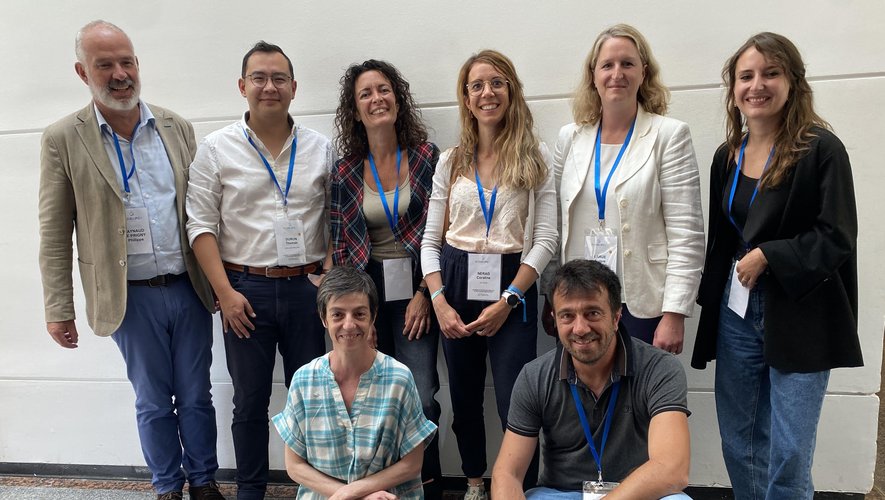A scientific day on the early management of psychoses has just been held in Montpellier at the initiative of the Regional Federation for Research in Psychiatry and Mental Health of Occitanie.
Dr Philippe Raynaud de Prigny, director of the psychiatry center at Thuir hospital and co-director of the Regional Federation for Research in Psychiatry and Mental Health (FERREPSY) in Occitanie, is campaigning for new organizations to provide early management of psychoses the most serious such as schizophrenia (700,000 people in France) and bipolar disorders (1.5 million people). This question was at the heart of a scientific day bringing together several psychiatric professionals which has just taken place in Montpellier.
What do you recommend to treat patients suffering from psychoses?
The reasoning is simple: these diseases begin between the ages of 18 and 25 and, as with cancer, the earlier they are treated, the greater the chances of a cure. Because, yes, we can cure it or at least influence the course of the disease. In some people, the drugs are not even necessary anymore. It’s a great hope!
Who are the patients affected by this early treatment?
Those who show the first signs of these diseases but also those at very high risk due to their isolation, their anxiety, the existence of traumas suffered in childhood or their exposure to toxic substances such as cannabis. It is necessary to act early because these diseases involve a significant degradation of the brain in the first five years: it is as if one descended a staircase but that one did not manage to go up the steps.
How to act?
By setting up intensive follow-up outside the care setting to aim for recovery with the resumption of studies or professional activity. This means seeing the patient every day and then at least once a week, hospitalizing him when necessary but briefly and giving him access to treatment.
Have experiments proven the effectiveness of this intensive method?
Since 2020, in Thuir, our multidisciplinary ESCAPE team has been crisscrossing the sector (200 km per day) with a mobile office. We followed about thirty seriously ill people. After three years, the recovery rate is over 95%. It is for this reason that I advocate for new organizations with money invested in quality of care rather than bureaucratic organizations.

